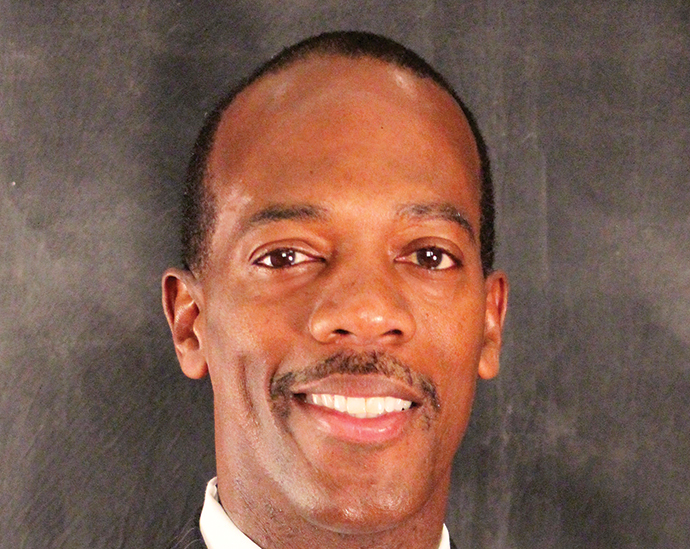In early February 2021, Governor Greg Abbott reappointed Aaron Demerson to the Texas Workforce Commission, subject to Senate confirmation, for a term set to expire February 1, 2027. The Commission is charged with overseeing and providing workforce development services to employers and job seekers in Texas. Aaron Demerson of Austin has served as the Commissioner Representing Employers since August 2019, and previously served as the Director of the Office of Employer Initiatives for the Texas Workforce Commission (TWC). Prior to TWC, he served as a Senior Advisor to Governor Rick Perry and was the Executive Director of the Economic Development and Tourism Division. Following are highlights of a mid-March interview with Site Selection Editor in Chief Mark Arend.
Congratulations on being reappointed as Commissioner Representing Employers at the Texas Workforce Commission. Are there new or different priorities you anticipate during this new term?
DEMERSON: None of us knew we would be hit by the pandemic in 2020, so we have some opportunities to do some things differently. We’ve always listened to the employers, and now comes the time to take what we’ve learned from this pandemic and put it into action. And we’ll do some things differently as we continue to grow and evolve here in Texas, with companies like Tesla, Oracle and Hewlett-Packard announcing plans to relocate here, and smaller ones taking place, too, statewide. We’re champing at the bit to see what’s next for Texas without the pandemic. We’ve been able to make a lot of things work, even virtually, so I can only image what will happen once we’re unleashed in other ways.
As Employers’ Representative, what expectations or resource requests do employers typically bring before the Commission?
DEMERSON: We typically advocate for employers on the unemployment insurance side of things. I’m the Commissioner that represents the employers and two other commissioners represent the employees. And our Chair, Bryan Daniel, represents the public. Once a week we discuss unemployment insurance cases. Texas continues to be a very business-friendly state, and we’re quite proud of that. The other side of what we do is policy from the employers’ standpoint — making sure the tax rates are favorable, that we’re doing the best we can to keep rates as low as we can so that companies can operate their businesses successfully. We’re doing what we can to make sure that whatever rates are set are done looking at every angle to make sure we’re able to make a difference.
We also advocate on behalf of the employer in terms of their needs and desires, such as liability protections, and making sure we continue to keep our training programs in place and don’t deplete our training funds for skilling and upskilling employees. Industry association groups want to see Texas grow, and I represent that on the employers’ side from a policy standpoint, making sure we have the proper programs in place so they can run their businesses and make a difference [see sidebar for a recent example]. Early in the pandemic, we spoke with major industry groups about their main concerns, and one was liability protection, which the governor made a priority. That’s an example of how we’re in lockstep with what the employers are looking for.
Managing this role over such a vast geography and diverse economy as Texas must be a challenge. How are communications pipelines structured so you are aware of employers’ workforce needs and concerns?
DEMERSON: On the workforce side, we have 28 local workforce solutions offices throughout Texas. Those people are the boots on the ground for anything workforce related. That makes our job a lot easier. Communication in Texas is made easier by the relationships we have with them throughout the state. There’s not a community in Texas that feels that they aren’t tied into us here in Austin, and I’m tied in statewide. That’s the secret in Texas behind some of our competitiveness — the fact that we communicate in an effective way anywhere in the state. We have that issue nailed down. And we were able to do that before the Zoom calls.

